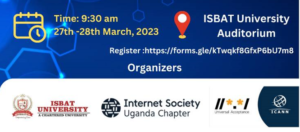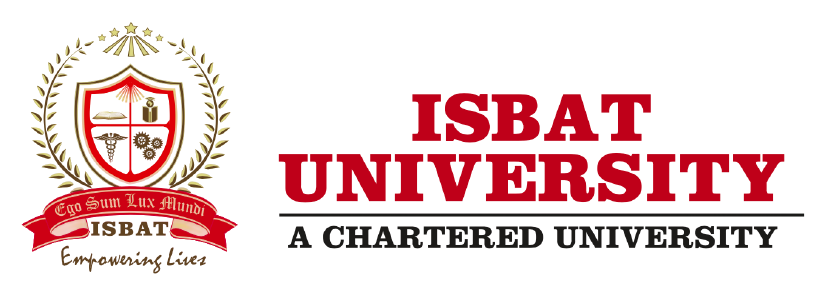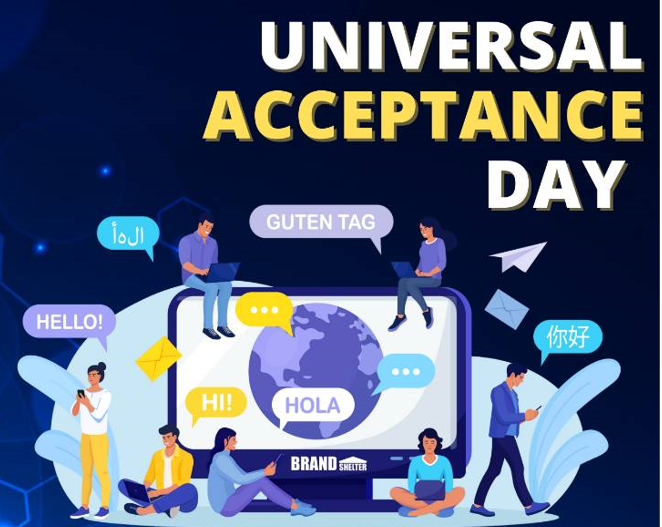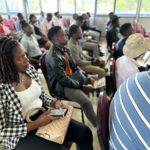UNIVERSAL ACCEPTANCE DAY- 2023
For any device to communicate with another on the Internet, it needs a unique identifier – a name or an Internet Protocol (IP) address. The Internet Corporation for Assigned Names and Numbers (ICANN) community develops policies that allow these identifiers to work well. Until 2010, the global Domain Name System (DNS) only allowed Top Level Domains (TLDs) which are in the Latin script. The DNS then expanded to include Internationalized Domain Names (IDNs) for country code Top Level Domains (ccTLDs) and domain names for other TLDs. However, many language scripts and writing styles are used around the world, many of which are currently not supported by web browsers, email clients and software applications. This is where Universal Acceptance (UA) comes in.
The International Business, Science and Technology University (ISBAT) plans to host the Universal Acceptance Day by holding a 2-day event in March 2023 at it’s main campus in Kampala, Uganda, in partnership with ISOC Uganda Chapter. The aims and objectives are to:
- Contribute to UA efforts from a Ugandan and East African perspective by creating awareness among students and the developer community.
-
Share technical content with policy/decision makers, software developers, website owners, researchers, technology enthusiasts, and Internet end users.





